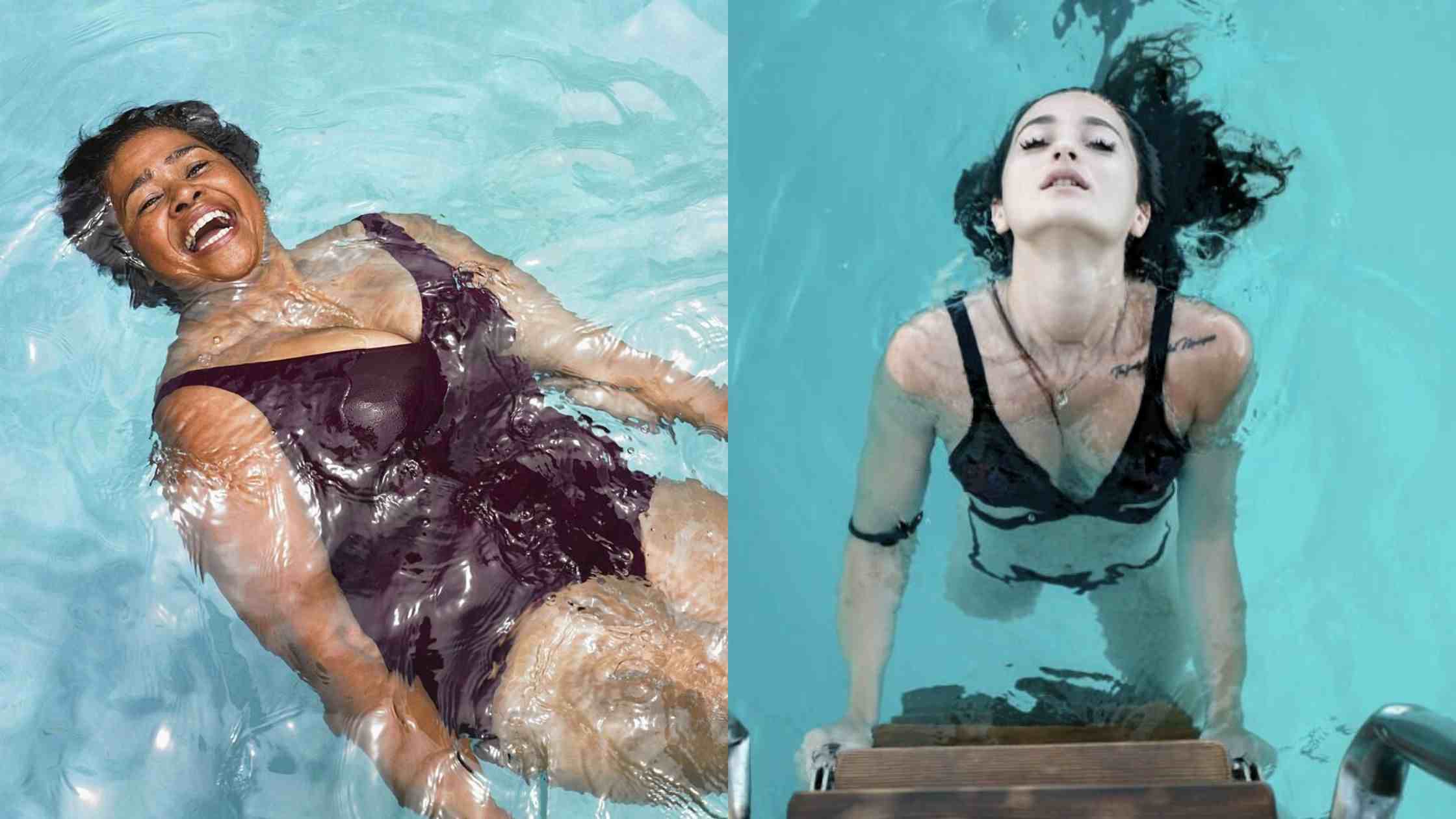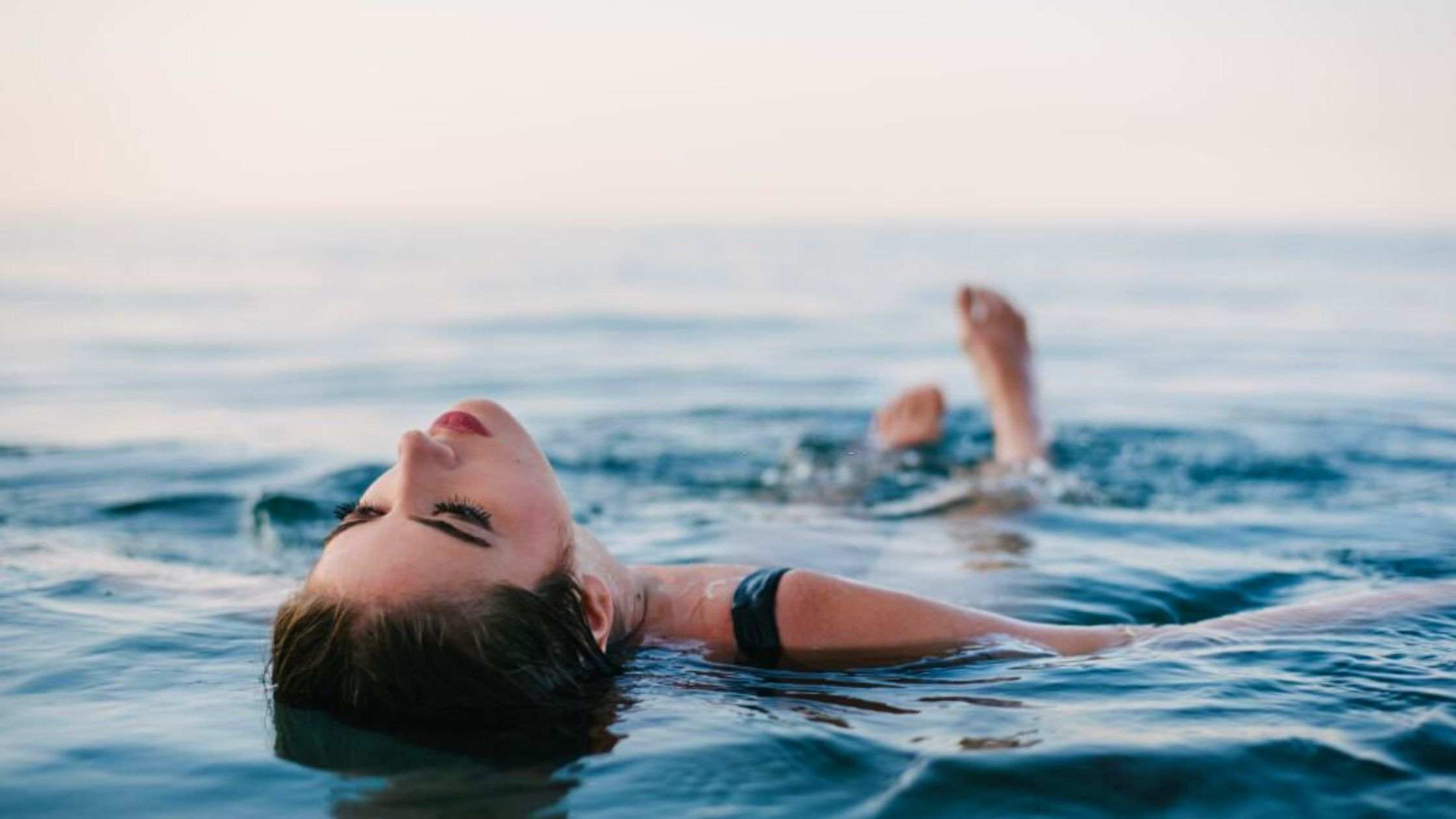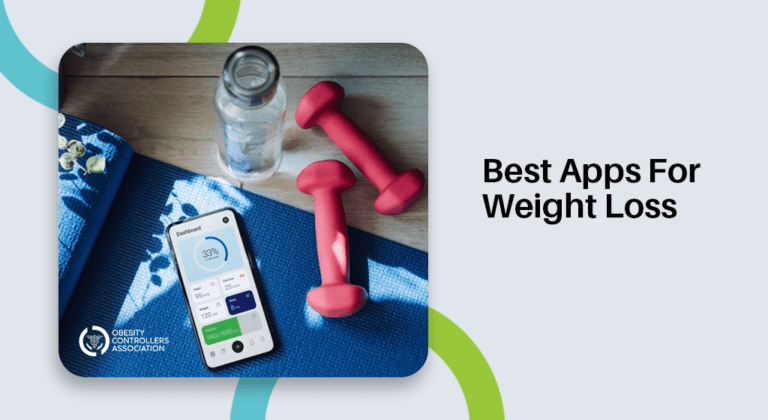Do Fat People Float? Why? – A Comprehensive Guide

Can fat people float better than lean ones? Many have this question in mind. On searching the internet, you can find many articles and forums answering this question in various ways. Before coming face to face with this question, you should understand certain aspects. This includes the difference between floating and swimming, what makes one float, the difference in the body composition of fat and lean people, etc.
Through this article, you will learn whether fat people have an upper hand in floating than slim people. On diving further, you can also know why some people float better than others. On further reading, this article will clearly explain the amount of fat you need to float, displacement, buoyancy, the difference between floating in saltwater and freshwater, etc. The article concludes by providing you with some tips to practice swimming and floating if you are a beginner.
Dive right into the article and know the answer to your question- Do fat people float? Why?
Can Fat People Float Better Than Slim People?
This is a perennial question that is asked for many years. In answering this question, you should consider the differences in body composition between fat and slim people. The factors that make fat people different from slim people are the overall structure of their body shape, weight and volume ratio, structure and shape of their bones, etc.
If your shape is spherical it is always easy to float in water. That is why balls float in water more than any other geographical structure. In the case of people, their ability to float can depend on their weight-to-volume ratio.

Indeed, fat people don’t sink like slim people. It is because their body has a broader surface area and this will help them to float for longer periods.
Why Do Some People Float Better Than Others?
You float when the water that is displaced by your body weighs more than your actual weight. And inversely, you sink when you have more density than the water.
Density is determined by mass and space or volume taken up by the object.
This is why some substances like wood float while metals like a lead sinks. In the case of humans, the capacity to float is determined by various factors.
According to genetics, men tend to have more muscle mass than women. This makes them more difficult to float than women. As per the age-related facts, children have less fat compared to adults. So this makes them easier to drown than adults. Another factor that decides the capacity to float is prior knowledge of swimming. If you are someone who doesn’t know how to swim, the chances for you to drown are too high.
What Is The Amount Of Fat You Need To Float?
When you have body fat above average levels, you tend to float more easily. Usually, thin people have a low or normal body fat percentage. This makes them more prone to sink in water. But in the case of fat people, they have a higher fat percentage. This can make them float in the water. Studies show that females have a body fat composition that is 21-24% and males have 15-20%. This makes them easier to float in water than the men.
What Are Displacement And Buoyancy?
Displacement is a term used in fluid mechanics which means the phenomenon when an object gets immersed in water or fluid and pushes it out the way. One can measure the volume of the fluid that got dispersed and deduce the volume of the immersed object from this. Buoyancy means the situation of a body floating when immersed in a fluid. It is the upward force or known as upthrust that is pressured by a fluid that is against the weight of the submerged object.
Difference Between Floating In Saltwater And Freshwater
You might have experienced the difference between floating in seawater and a swimming pool. Floating feels easy in the ocean while in a swimming pool, it is relatively hard. The reason behind this difference is the presence of salt. Saltwater has more density compared to normal fresh water. This is because salt adds to the mass of the water and thereby increases its density.
As per scientific terms, density is mass per unit volume. Also, saltwater has more molecules compared to fresh water. An average mass of a saltwater sample can be 64.1 pounds while for freshwater it can be less than 62.4 pounds.
Ocean waters contain salt in large amounts. For example, The Dead Sea has an average of 25 percent of salt in it. This makes it one of the denser water bodies on the planet itself.
Get more info: Stress and Weight Gain: How Are They Correlated?
Tips To Float On Your Back
Floating on your back can be a relaxing way to get comfortable in the water without the need to acquire swimming lessons. If you learn to float, it can help you when a dangerous situation emerges. Some tips can help you to float on your back more effectively. Check them out here:

Swimming And Floating Tips For Beginners
Swimming and floating can be a refreshing hobby that can help you to lose weight and at the same time come in handy if you ever fall into a deep water body. It is an essential water skill that should be learned by everyone. Some tips can help you to build confidence before you set foot on your swimming and floating practice. Check out the list here:
- Find out your buoyancy levels: When you discover your buoyancy levels, you will be able to understand more about your status as a sinker or a floater. This is affected by your relative density. You can learn the art of floating by trying things like submerging, gliding, and breath holding.
- Learn the art of relaxing: This is easier to say. But if you learn how to be relaxed in the water you can acquire the skills of swimming and float more easily.
- Study about gliding: Gliding is the connection point between floating and relaxing. When you master the skill of gliding, you learn one of the crucial aspects of swimming, which is streamlining.
- Learn how to stop and stand mid-swim: This can come in handy during any of your swimming sessions. Acquire the knowledge of how to stop and stand in the middle of the swimming session.
- Know to submerge: This is one of the most important tips for swimming and floating for beginners. Learn how to hold your breath and submerge under the water. If you acquire a taste for it, you will know that it is an excellent tool for relaxation.
Conclusion
On going through the article, one can understand that fat people tend to float more than lean people. There are several factors behind this phenomenon. Some of them include the nature of body composition, weight-to-volume ratio, shape, structure of the bones, etc. In reality, everyone can float. This is because human beings are made up of 75% of fat and the rest of the 25% as muscles, tissues, blood vessels, and bones. Studies show that fat tissues have a relatively lower density than water. This makes it easier to float over water. Fatter people cause more capacity for float.
Considering all the points mentioned here, one can conclude that weight is not the only factor that decides floating capacity. Instead, the size and shape of a person also play a key role in floating. Along that, body fat percentage also plays a major role in the ability to float or sink.
So in conclusion, you can say that the more fat you have and the more air in the lungs, the increases your buoyancy and thereby ability to float above water. So we can say that fat people float more easily than lean people.
Frequently Asked Questions :
Q. Which kind of pool is better to learn swimming for beginners?
It is better to use saltwater pools as they can help you to float more than sink.
Q. How much fat is part of one’s total weight?
Fat is considered to make up almost 15-20 percent of one’s total weight.
Q. Can fat people swim better than lean people?
Floating doesn’t mean that you can swim easily. There is no scientific proof regarding the claim that fat people can swim better than lean ones.
Q. What is the maximum amount of time one can stay floated in water?
If properly trained, you can stay for 2 -3 hours floating in the water
Q. Where is the chance to float more, in saltwater or freshwater?
Chances are higher for you to float in salt water rather than in freshwater.





